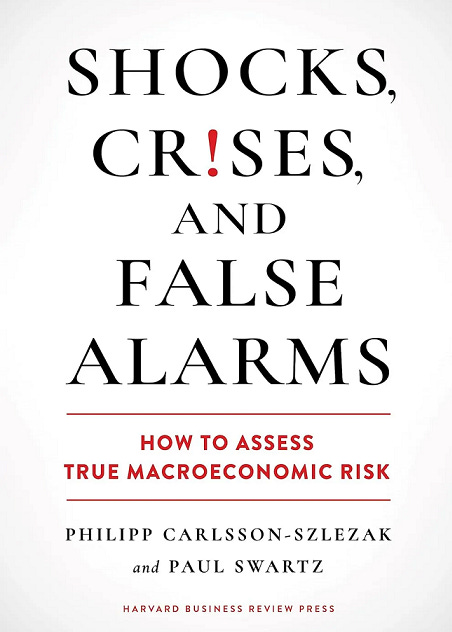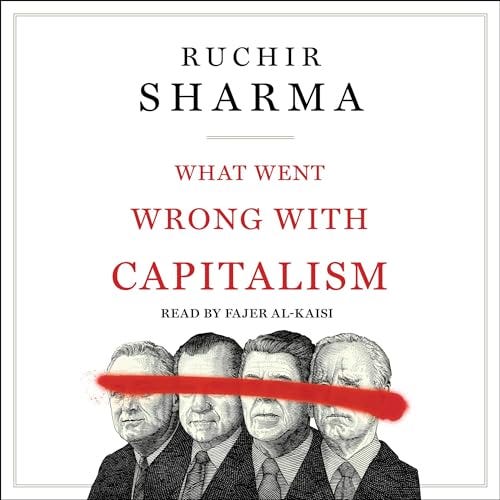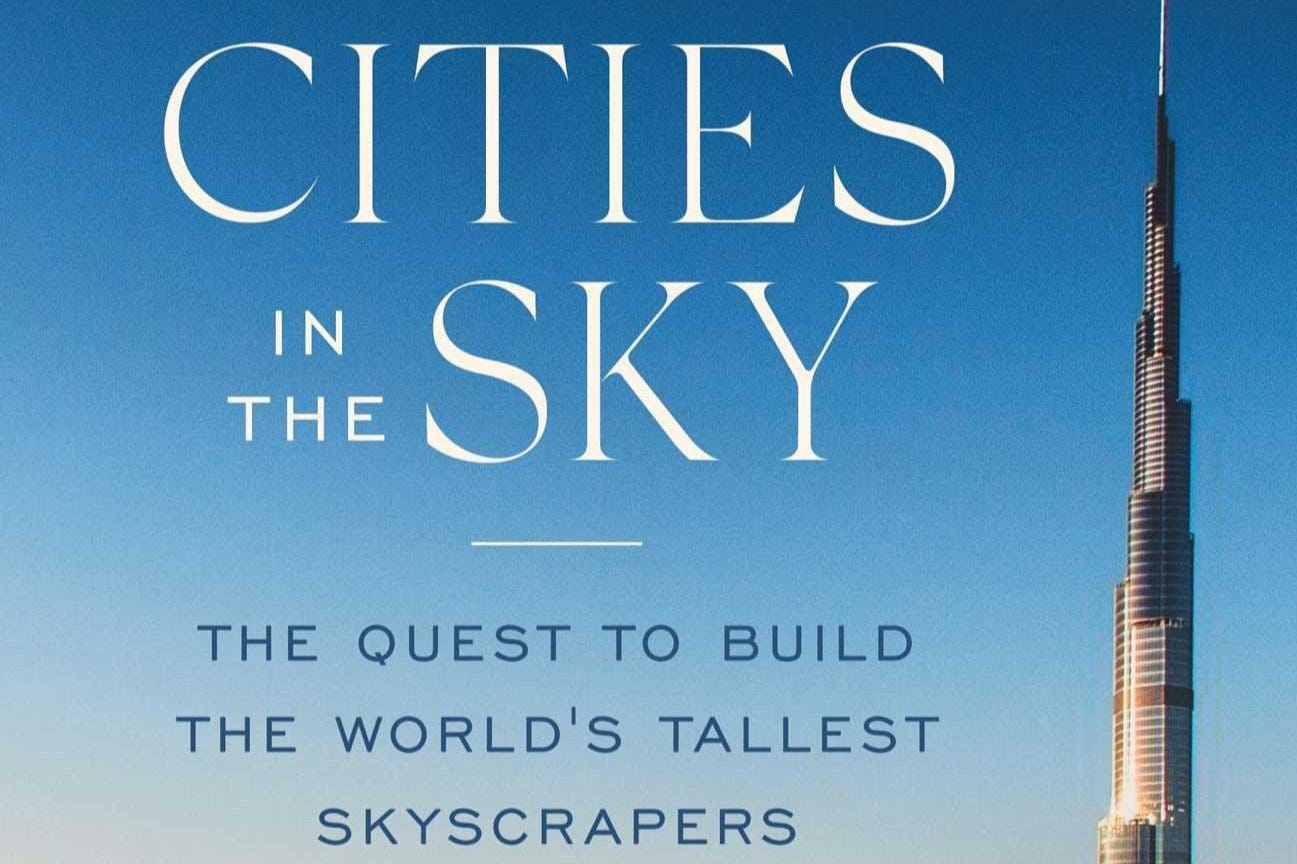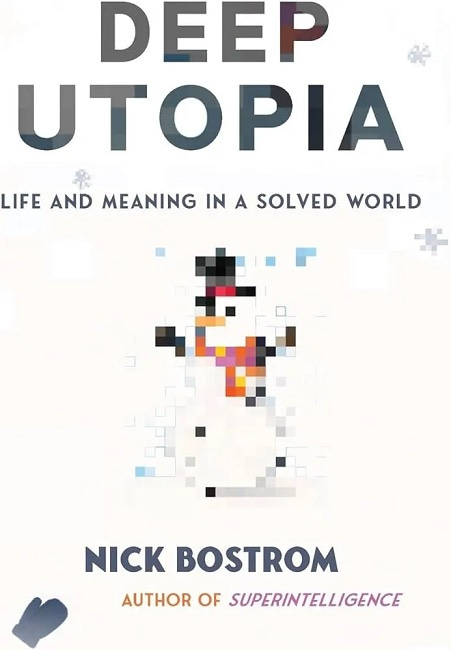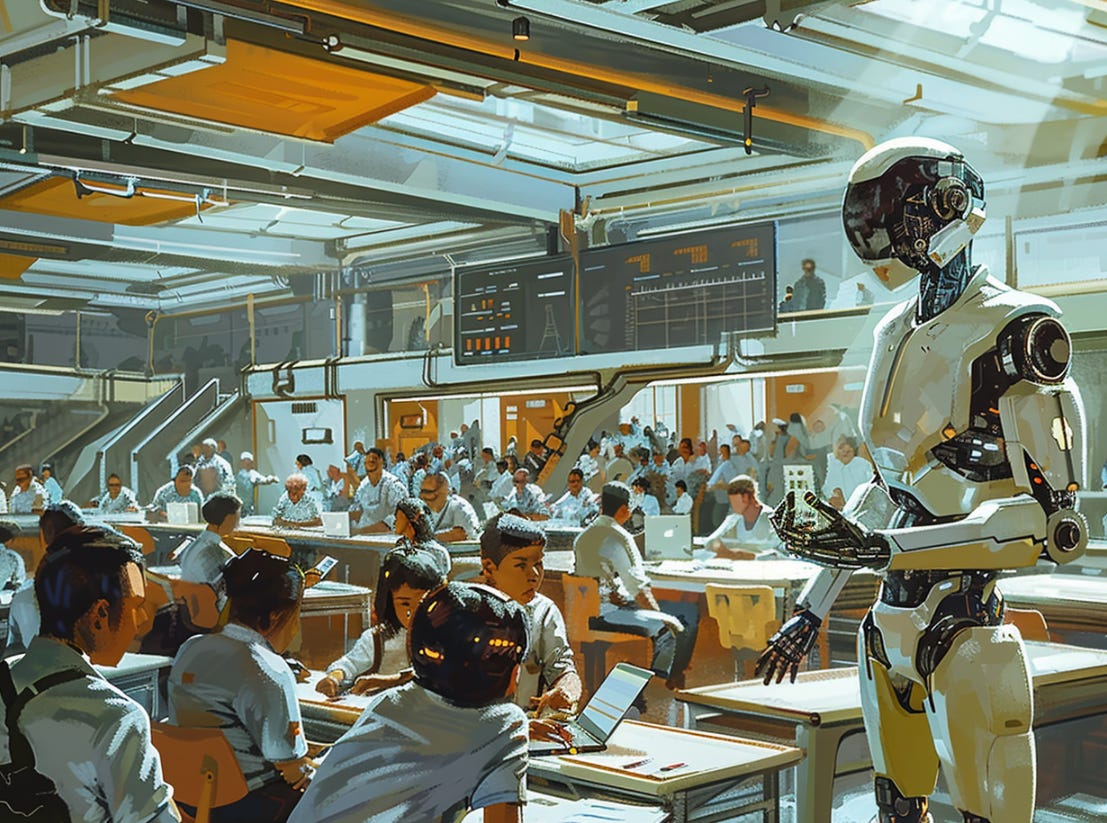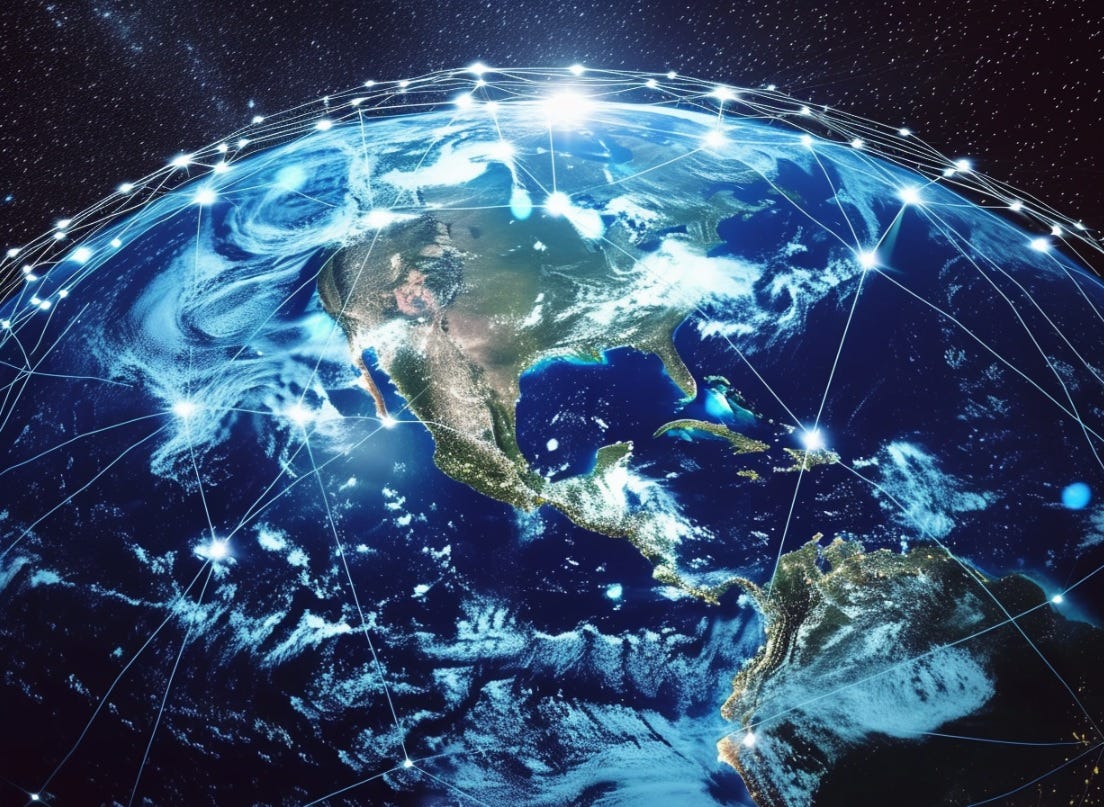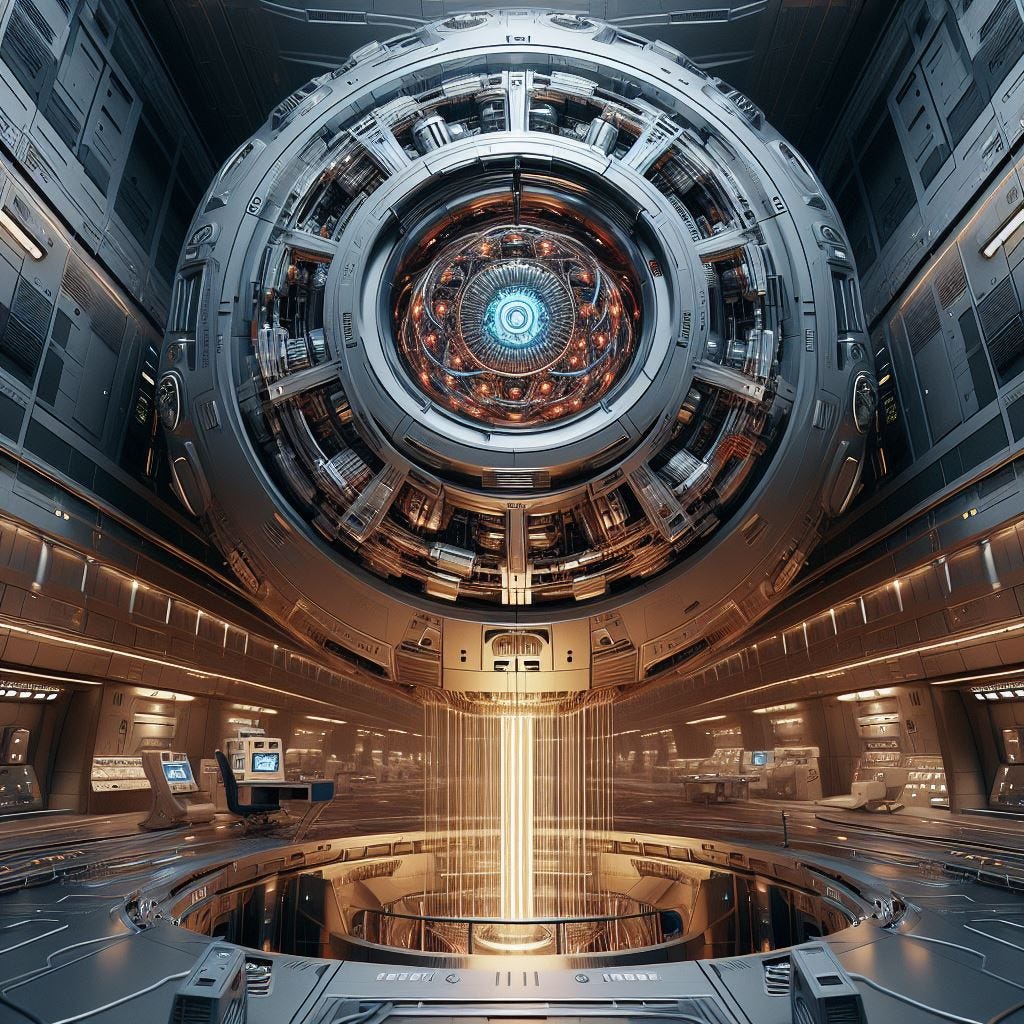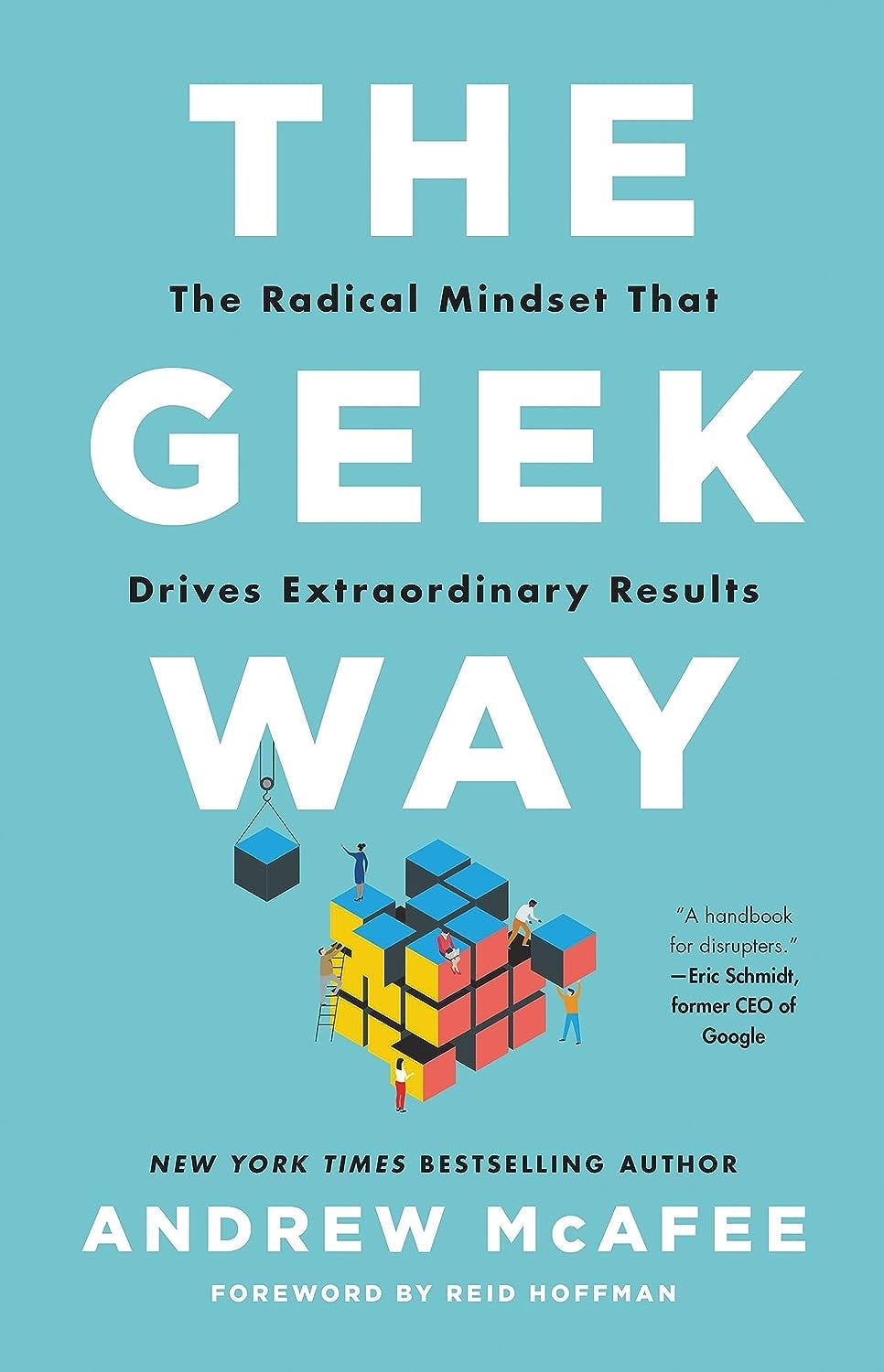🚀 My chat (+transcript) with Charles Murray on Project Apollo
Description
Project Apollo was a feat of human achievement akin to, and arguably greater than, the discovery of the New World. From 1962 to 1972, NASA conducted 17 crewed missions, six of which placed men on the surface of the moon. Since the Nixon administration put an end to Project Apollo, our extraterrestrial ambitions seem to have stalled along with our sense of national optimism. But is the American spirit of adventure, heroism, and willingness to take extraordinary risk a thing of the past
Today on the podcast, I talk with Charles Murray about what made Apollo extraordinary and whether we in the 21st century have the will to do extraordinary things. Murray is the co-author with Catherine Bly Cox of Apollo: The Race to the Moon, first published in 1989 and republished in 2004. He is also my colleague here at AEI.
In This Episode
* Going to the moon (1:35 )
* Support for the program (7:40 )
* Gene Kranz (9:31 )
* An Apollo 12 story (12:06 )
* An Apollo 11 story (17:58 )
* Apollo in the media (21:36 )
* Perspectives on space flight (24:50 )
Below is a lightly edited transcript of our conversation
Going to the moon (1:35 )
Pethokoukis: When I look at the delays with the new NASA go-to-the-moon rocket, and even if you look at the history of SpaceX and their current Starship project, these are not easy machines for mankind to build. And it seems to me that, going back to the 1960s, Apollo must have been at absolutely the far frontier of what humanity was capable of back then, and sometimes I cannot almost believe it worked. Were the Apollo people—the engineers—were they surprised it worked?
Murray: There were a lot of people who, they first heard the Kennedy speech saying, “We want to go to the moon and bring a man safely back by the end of the decade,” they were aghast. I mean, come on! In 1961, when Kennedy made that speech, we had a grand total of 15 minutes of manned space flight under our belt with a red stone rocket with 78,000 pounds of thrust. Eight years and eight weeks later, about the same amount of time since Donald Trump was elected to now, we had landed on the moon with a rocket that had 7.6 million pounds of thrust, compared to the 78,000, and using technology that had had to be invented essentially from scratch, all in eight years. All of Cape Canaveral, those huge buildings down there, all that goes up during that time.
Well, I'm not going to go through the whole list of things, but if you want to realize how incredibly hard to believe it is now that we did it, consider the computer system that we used to go to the moon. Jerry Bostick, who was one of the flight dynamics officers, was telling me a few months ago about how excited they were just before the first landing when they got an upgrade to their computer system for the whole Houston Center. It had one megabyte of memory, and this was, to them, all the memory they could ever possibly want. One megabyte.
We'll never use it all! We'll never use all this, it’s a luxury!
So Jim, I guess I'm saying a couple of things. One is, to the young’ins out there today, you have no idea what we used to be able to do. We used to be able to work miracles, and it was those guys who did it.
Was the Kennedy speech, was it at Rice University?
No, “go to the moon” was before Congress.
He gave another speech at Rice where he was started to list all the things that they needed to do to get to the moon. And it wasn't just, “We have these rockets and we need to make a bigger one,” but there was so many technologies that needed to be developed over the course of the decade, I can't help but think a president today saying, “We're going to do this and we have a laundry list of things we don't know how to do, but we're going to figure them out…” It would've been called pie-in-the-sky, or something like that.
By the way, in order to do this, we did things which today would be unthinkable. You would have contracts for important equipment; the whole cycle for the contract acquisition process would be a matter of weeks. The request for proposals would go out; six weeks later, they would've gotten the proposals in, they would've made a decision, and they'd be spending the money on what they were going to do. That kind of thing doesn't get done.
But I'll tell you though, the ballsiest thing that happened in the program, among the people on the ground — I mean the ballsiest thing of all was getting on top of that rocket and being blasted into space — but on the ground it was called the “all up” decision. “All up” refers to the testing of the Saturn V, the launch vehicle, this monstrous thing, which basically is standing a Navy destroyer on end and blasting it into space. And usually, historically, when you test those things, you test Stage One, and if that works, then you add the second stage and then you add the third stage. And the man who was running the Apollo program at that time, a guy named Miller, made the decision they were going to do All Up on the first test. They were going to have all three stages, and they were going to go with it, and it worked, which nobody believed was possible. And then after only a few more launches, they put a man on that thing and it went. Decisions were made during that program that were like wartime decisions in terms of the risk that people were willing to take.
One thing that surprises me is just how much that Kennedy timeline seemed to drive things. Apollo seven, I think it was October ’68, and that was the first manned flight? And then like two months later, Apollo 8, we are whipping those guys around the moon! That seems like a rather accelerated timeline to me!
The decision to go to the moon on Apollo 8 was very scary to the people who first heard about it. And, by the way, if they'd had the same problem on Apollo 8 that they'd had on Apollo 13, the astronauts would've died, because on Apollo 8 you did not have the lunar module with them, which is how they got back. So they pulled it off, but it was genuinely, authentically risky. But, on the other hand, if they wanted to get to the moon by the end of 1969, that's the kind of chance you had to take.
Support for the Program (7:40 )
How enthusiastic was the public that the program could have withstood another accident? Another accident before 11 that would've cost lives, or even been as scary as Apollo 13 — would we have said, let's not do it, or we're rushing this too much? I think about that a lot now because we talk about this new space age, I'm wondering how people today would react.
In January, 1967, three astronauts were killed on the pad at Cape Canaveral when the spacecraft burned up on the ground. And the support for the program continued. But what's astonishing there is that they were flying again with manned vehicles in September 1967. . . No, it was a year and 10 months, basically, between this fire, this devastating fire, a complete redesign of the spacecraft, and they got up again.
I think that it's fair to say that, through Apollo 11, the public was enthusiastic about the program. It's amazingly how quickly the interest fell off after the successful landing; so that by the time Apollo 13 was launched, the news programs were no longer covering it very carefully, until the accident occurred. And by the time of Apollo 16, 17, everybody was bored with the program.
Speaking of Apollo 13, to what extent did that play a role in Nixon's decision to basically end the Apollo program, to cut its budget, to treat it like it was another program, ultimately, which led to its end? Did that affect Nixon's decision making, that close call, do you think?
No. The public support for the program had waned, political support had waned. The Apollo 13 story energized people for a while in terms of interest, but it didn't play a role.
Gene Kranz (9:31 )
500 years after Columbus discovering the New World, we talk about Columbus. And I would think that 500 years from now, we'll talk about Neil Armstrong. But will we also talk about Gene Kranz? Who is Gene Kranz and why should we talk about him 500 years from now?
Gene Kranz, also known as General Savage within NASA, was a flight director and he was the man who was on the flight director's console when the accident on 13 occurred, by the way. But his





